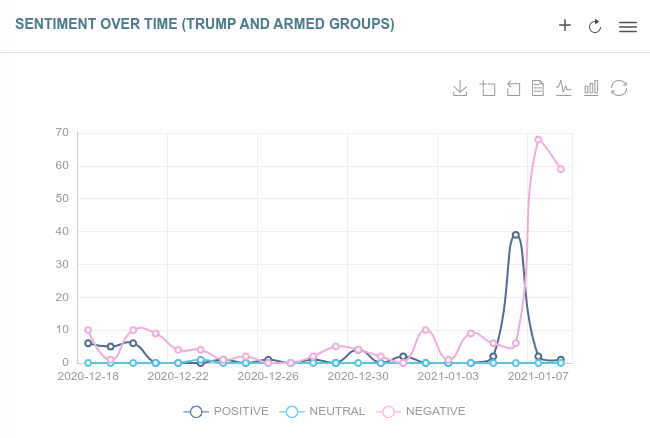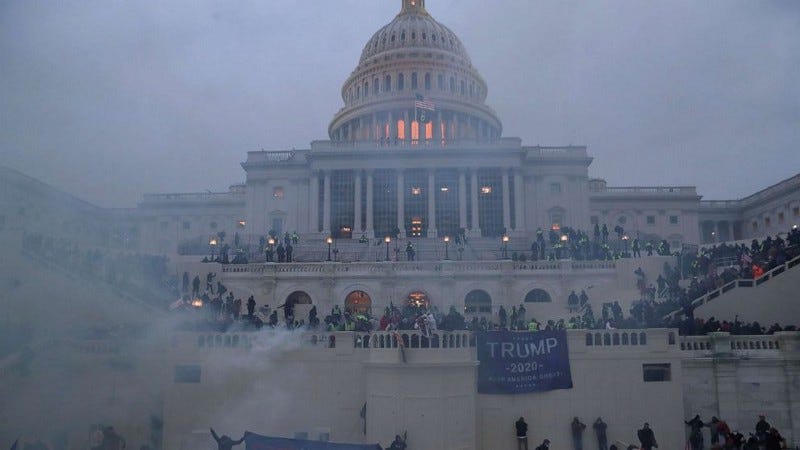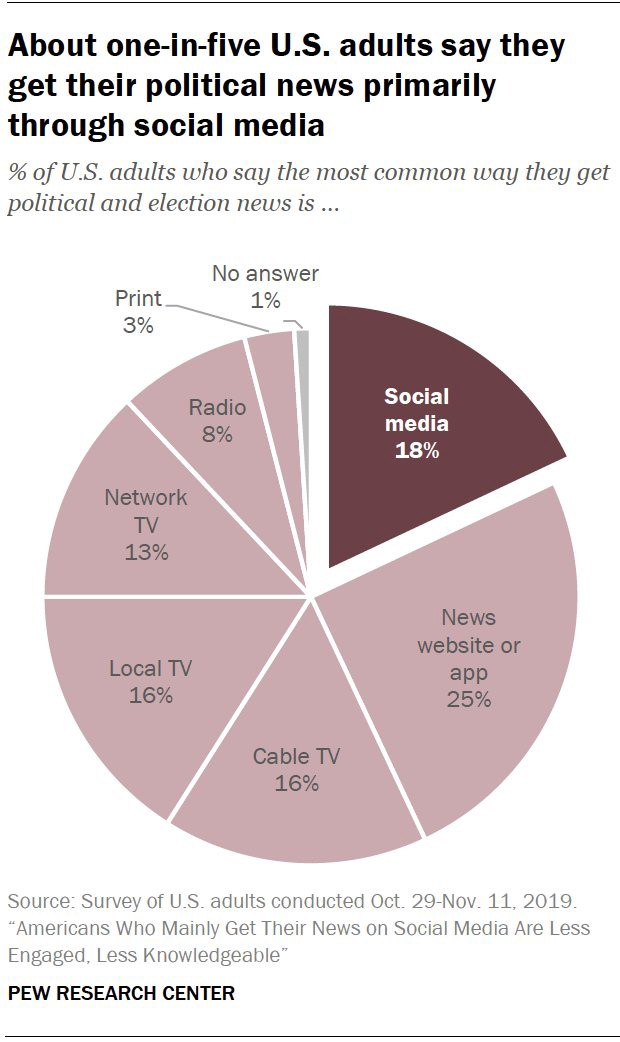I am still trying to digest what my eyes have seen from the US Capitol on the 6th of Jan, along with the rest of the world. The imagery of mobs storming the US Capitol in an attempt to stop Congress from certifying the democratically held election, forever tatted in my mind. Yet, we all knew it was coming, they said. Chatter about this was done in public across social media platforms. We have the analytical tools to detect it. What happened?
How did we know? Because everyone has been saying that this is exactly what they intended to do. I know this because, even though I don’t remember why I set up a search query with the terms: Trump AND election AND “armed groups” as far back as 12/18/2020. I don’t remember my reason at the time, but it clearly was on my mind.
Insurrection Sentiment Analysis Over Time

I thought I would run sentiment analysis on the feed that covered posts on Twitter, Instagram, blogs and mainstream news sites. This is by no means how I would advise you to run your sentiment analysis reports. But, I had no idea I would be looking at this data a month later.
The point is, however, that there was such a clear indication of a problem happening. This is a classic case of Crisis Management that could have been completely averted. None of it had to happen.
See how the positive mentions of Trump and armed groups spiked right before Jan 6? Yeah.
Pushing The Fringe to The Edge
Twitter and other main social media platforms suspended Donald Trump’s accounts, pushing the fringe elements out of their platforms to the darker corners of the Internet.
But, let us be clear. Twitter alone doesn’t maintain anywhere near a monopoly status here. While those arguments were useful when defending a decision by Twitter to remove egregious content, it is harder to make when there is an unprecedented concerted effort by Big Tech to deplatform. When Shopify pulls the plug, along with Google’s Play Store, Facebook, Instagram.. it’s a total shutdown. I wrote about the inconvenience of unplugging for privacy.
Critics posit that this creates echo chambers and is not good for the public. But, most of us have experienced the social media bubble that results. Any cross-over is hardly an intellectual sparring exercise, but more often than not, it’s just a troll. We’ve been living in echo chambers for a very long time now.
Where do US adults get their political news from?
The truth is, Social Media is where only 18% of US adults get their political news. Just a fifth. The issue with this is that it is not subject to the same regulations broadcast and radio are. It is one thing most people agree on, regulations need to happen. How they will look is anyone’s guess, but this current situation cannot continue as-is. But what are social media doing? Deplatforming.
Deplatforming doesn’t just create echo chambers, but it gives us the illusion that the other side is not listening. I think now we will enter into an “out of sight out of mind” period, where each side completely dehumanizes the other. When we don’t think the others are in the room, veneers of civility fall off.
It would be one thing to have this conversation with the context of only one man. But it’s not. The language he has propagated has become so commonplace, that it will mean others will follow. Too many to make it an isolated incident.
And that, is a problem that deplatforming cannot solve.






